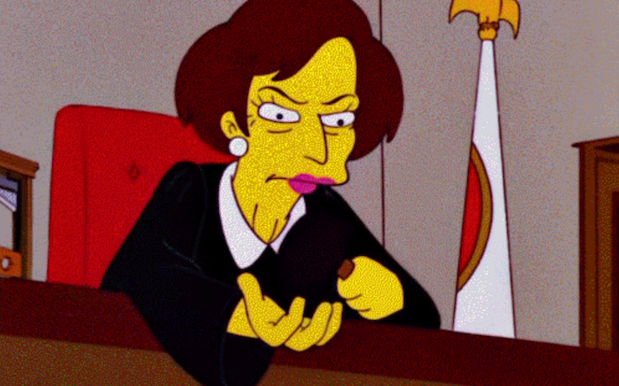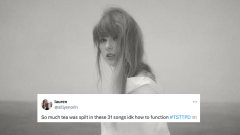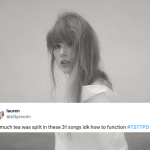
The results of the review into the NSW Government‘s lockout laws are in, and unless you’re a humungo fan of reading dry-ass 151 page government documents, it’s a real piece of work to get through – but luckily for you, we’ve put in the hard yards and done it for you.
Overall the findings were pretty middle of the road, with former High Court judge Ian Callinan finding that there was definitely an impact on businesses but also that it had curbed late night alcohol consumption and violence. He ultimately suggested that there could be a little bit of flexibility, but only in a very small way and only on a trial basis.
Takeaway Sales
The big winner from the recommendation is the loosening up of the lockout laws as applied to takeaway alcohol sales. Callinan found that restricting takeaway sales didn’t really have an impact on violence in the precincts, so suggested that the curfew on sales at stores be pushed back to 11pm and that home delivery can be done up until midnight.
This is good news if you’re like me and most of your drinking is conducted at home where the shots are free-poured and the wine comes from a box.
Live entertainment venues
Music venues got hit pretty hard by the lockout laws, and while Callinan did suggest maybe giving them a break, it is only the teeniest, tiniest one – suggesting that the 1:30am lockout and 3:00am last drinks be moved to the not-extravagantly-later 2:00am and 3:30am.
There’s also a lot of discussion in there about what defines a “live entertainment venue”, Callinan seems particularly concerned that people might pretend to play live music to get themselves classed as one:
“Any definition would need to ensure that anyone engaged to play pre-recorded music does more than mechanically reproduce the creativity of others. An entertainer needs to bring his or her engagement some genuine additional creative element, otherwise it would be easy to evade the operation of the laws.”
I take this to mean that if you are DJing you have to be sure to do a lot of stuff with your hands and maybe dance occasionally.
Loss of revenue
Callinan acknowledged that there had been a loss of revenue for venues, but noted that since the idea was to reduce alcohol consumption, the legislation basically worked as intended in that regard.
He is also says that a lot of musicians have suffered financially, a group of people he extremely colourfully defines as people who:
“Those who do no more than play recorded music with little or no commentary, in the form in which others have created it, to those who mix, make transitions between tracks and use turntables, compact cassettes, digital devices and software to do so with skill and musicality, to a live performer or performers, singing covers or original compositions, and of course bands.”
Something tells me old mate Ian isn’t very involved in his local music scene.
He reckons that this could be addressed by people simply making music happen earlier, and suggests that the venue owners he spoke to who tried that with no success were just not trying hard enough. Nice.
Displacement of violence
A lot of opponents to the lockout laws were suggesting that crackdowns on the two precincts would simply make troublemakers spill into the streets and go elsewhere, but Callinan’s findings found that there was no noteworthy increase in alcohol-fuelled violence elsewhere in the city.
Callinan cited a study by the Bureau of Crime and Statistics Research that found that:
“The January 2014 reforms were followed by substantial reductions in assault in Kings Cross and Sydney CBD Entertainment Precincts. There is no evidence that assaults increased in areas adjacent to these Precincts or in other entertainment areas within easy reach of these Precincts.”
TL;DR: the lockout laws are most likely here to stay except for a bunch of tiny tweaks, and those tiny tweaks will only come in if Baird decides to take on the recommendations from the review.
Source: NSW Government.







